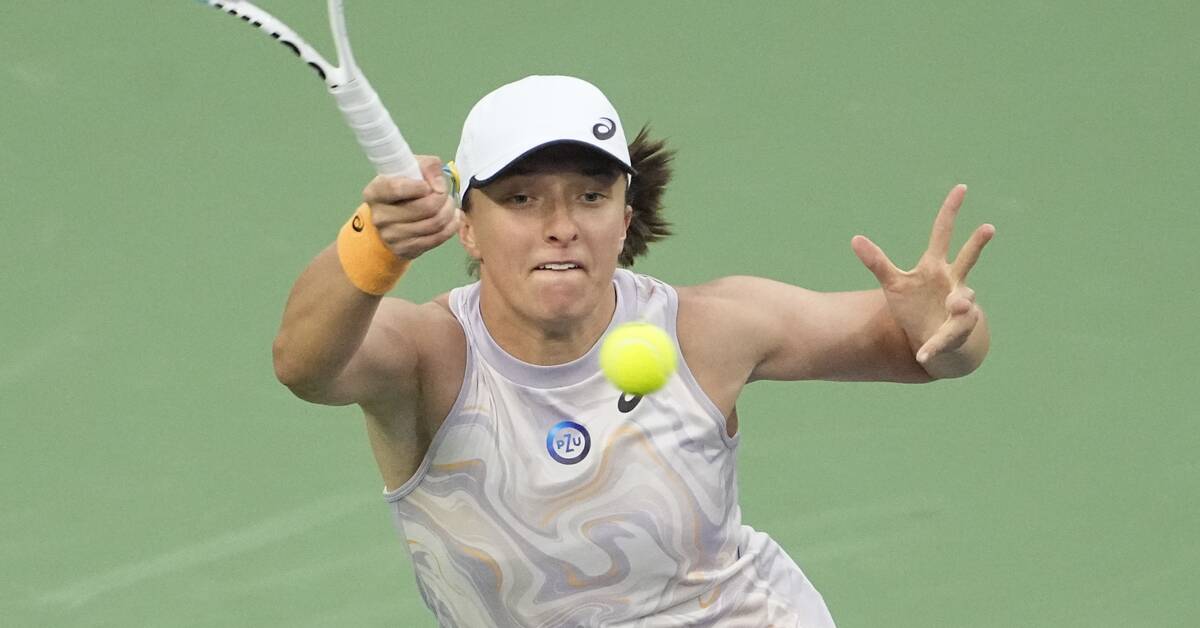"After World War II, German, Japanese and Italian players were not allowed, and I feel that this kind of thing would show the Russian government that maybe it's not worth it," Swiatek told the BBC.
Last year, Wimbledon, the only Grand Slam tournament to make that decision, banned Russian and Belarusian players, and the WTA and ATP responded by withdrawing the ranking points for the tournament. It was the first time since the years after World War II that players were stopped for political reasons. But this year, Russians and Belarusians are welcome back as neutral actives.
"Sport has always been used for propaganda"
"We're just athletes, a little bit in the world, but sport is quite important and sport has always been used for propaganda. Tennis could from the beginning do it a little better to show everyone that players are against the war, says Polish Swiatek, whose country is a neighbor of Ukraine. Poland has taken in many Ukrainian refugees during the war.
Belarusian Aryna Sabalenka, who won the Australian Open, has spoken about the hatred she can feel from Ukrainian players in particular.
"It's been quite tense in the dressing room. It is not their fault that they have a passport in the name of their nations. They have a difficult situation and it is difficult for them to criticize too loudly, on the other hand, we all have a kind of responsibility to influence, says Swiatek, who dropped out of the major tournament in Miami recently after rib problems.

